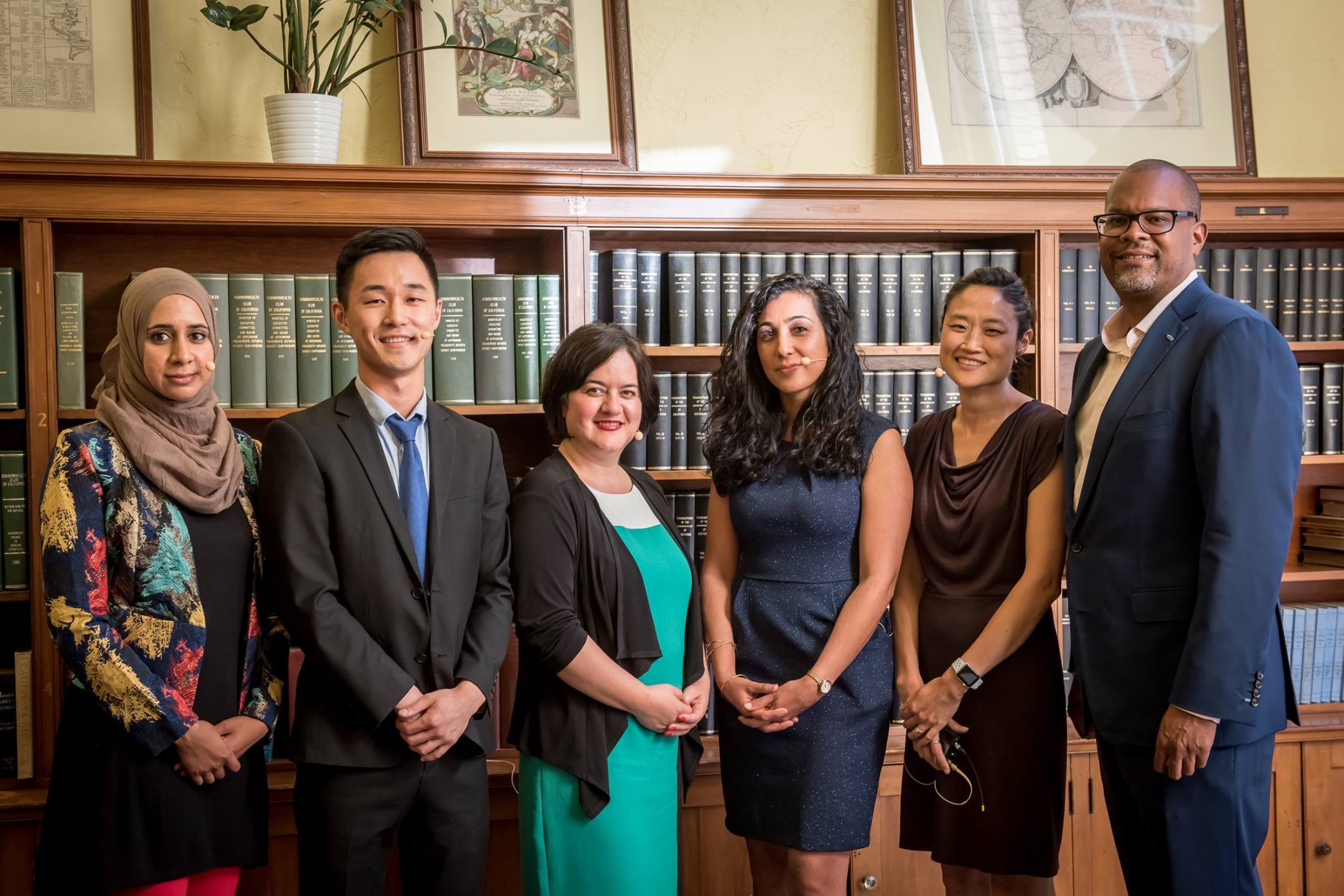One evening in 2010, when Ju Hong returned home from classes at Laney College in Oakland, he found the front door of his family home wide open. Inside, the house was in disarray with shattered glass everywhere. His computer, electronic devices, and valuables had been stolen. His first instinct was to call 911, but his mother stopped him. “We can’t call the police. We can’t risk deportation,” she said.
Mr. Hong, 27, was 11 years old when his mother brought him and his sister from South Korea to the United States, where they overstayed their visas. He now has temporary protection from deportation under the Deferred Action for Childhood Arrivals (DACA) program — a legal status he actively fought for during the Obama Administration. At the time of the burglary, he and his family members were all undocumented and at risk of deportation.
The burglary and the fear of deportation it generated stuck with Mr. Hong, now an immigration program analyst for the California Department of Social Services. On June 26, he related the story to an audience attending “Not on Our Watch: How the Bay Area Stands United,” a forum presented by The San Francisco Foundation and held at the Commonwealth Club.
In addition to Mr. Hong, the panel featured other nationally recognized immigrant rights leaders including Raha Jorjani, director of the immigration unit at the Alameda County Public Defender’s Office, Marielena Hincapié, executive director of the National Immigration Law Center, and Zahra Billoo, executive director of the Council on American-Islamic Relations Bay Area chapter. KQED host and anchor Mina Kim moderated the panel.
Earlier that same day, the U.S. Supreme Court had announced its decision to review the president’s travel ban, which applies to people from six predominantly Muslim countries, and allow parts of it to be implemented. Ms. Kim opened the discussion by asking Ms. Billoo about the Muslim community’s reaction to the announcement. “The high court overlooked over a year’s worth of presidential campaign statements against Muslims as well as two Court of Appeals decisions striking the measure,” said Ms. Billoo. “The Supreme Court decision leaves people in limbo. They don’t know if they can travel to the U.S.”
Ms. Hincapié pointed out that the president is attempting to rebrand the ban in neutral terms. “This is not a travel ban. This is a Muslim ban,” she said. She added that while the Obama administration deported a record number of immigrants, that administration prioritized the deportation of noncitizens with criminal backgrounds. The current administration is targeting all immigrants.
Ms. Jorjani took issue with the way distinctions are made for people who have criminal records. Immigrants with no criminal history are considered good immigrants, while others aren’t deemed worthy of support, she said. She added that the definition of criminality keeps expanding, and referenced Michelle Alexander and Bryan Stevenson, who’ve written about racism within our criminal justice system. “As a nation, we need to contend with our understanding of crime and operate on some level of compassion, rehabilitation, and forgiveness,” she said, spurring the audience to break out with applause.
Panelists also spoke of the importance of intersectionality. Mr. Hong talked about the post-election movement uniting Black Lives Matter, immigrant groups, and others. Ms. Billoo spoke of the way that the Muslim and LGBT communities refused to allow a recent killing of a Muslim teenager, allegedly by an undocumented immigrant, and the 2016 gay nightclub shooting carried out by a Muslim man, to divide communities. “It is on everyone to say that we will not hold a community responsible for the actions of one person,” she said.
On another hopeful note, panelists talked about how California measures are on the vanguard of immigrant rights. They cited:
- The Trust Act, which prohibits law enforcement from detaining individuals for immigration holds – effective as of 1/1/14
- The Truth Act, which provides transparency on how sheriffs and police departments interact with Immigration and Customs Enforcement – effective as of 1/1/17
- The Values Act, which prevents state and local resources from being used for immigration enforcement – pending
- AB 3, which provides resources to public defenders on immigration cases – pending
- The state’s recent allocation of $45 million dollars to expand legal services for immigrants passed, but a trailer bill implementing the allocation is pending.
To close the program, Mina asked the panel what gives them hope to continue their work. “Previously, we would have the immigration conversation, we would have the Muslim conversation, and we would have the Black Lives Matter conversation. And now we’re joining those conversations and seeing the connectedness,” said Ms. Billoo. “This is a critical moment not because of the negative but because of the unity that’s being built.”
Bay Area Leads, a charitable fund created by The San Francisco Foundation, underwrote the program, which was the fifth in the foundation’s series on People, Place and Power. Individuals interested in supporting immigrant rights efforts in the Bay Area can donate to the foundation’s Rapid Response Fund.
By Sara Campos, Foundation consultant


